Cats are curious creatures, often leaving us wondering why they seem to prefer one person over another. This mysterious bond between felines and humans is not just a matter of chance. Instead, a combination of science, behavior, and instinct guides these furry friends in choosing their favorite human companions. This article delves deep into the science behind why cats bond with certain humans, exploring the factors that influence their choices and how these bonds are formed.
Understanding Feline Behavior
To comprehend why cats bond with certain humans, it’s essential to first understand basic feline behavior. Cats are creatures of habit and tend to be cautious by nature. Unlike dogs, who are more openly affectionate, cats often require time to observe and assess their surroundings. They appreciate a calm environment and often gravitate towards individuals who respect their boundaries. This behavior is deeply rooted in their ancestry as solitary hunters, where being cautious could mean the difference between life and death.
The Role of Scent
Scent plays a crucial role in a cat’s world. Cats have an incredibly keen sense of smell, which they use to navigate their environment and identify familiar faces. When a cat rubs against you, it’s marking you with its scent, signaling that you belong to its social group. Humans who have a scent that cats find familiar or comforting are more likely to become their favorites. This is why you might notice your cat rubbing against your clothes or belongings, essentially marking its territory in a loving manner.
Body Language and Communication
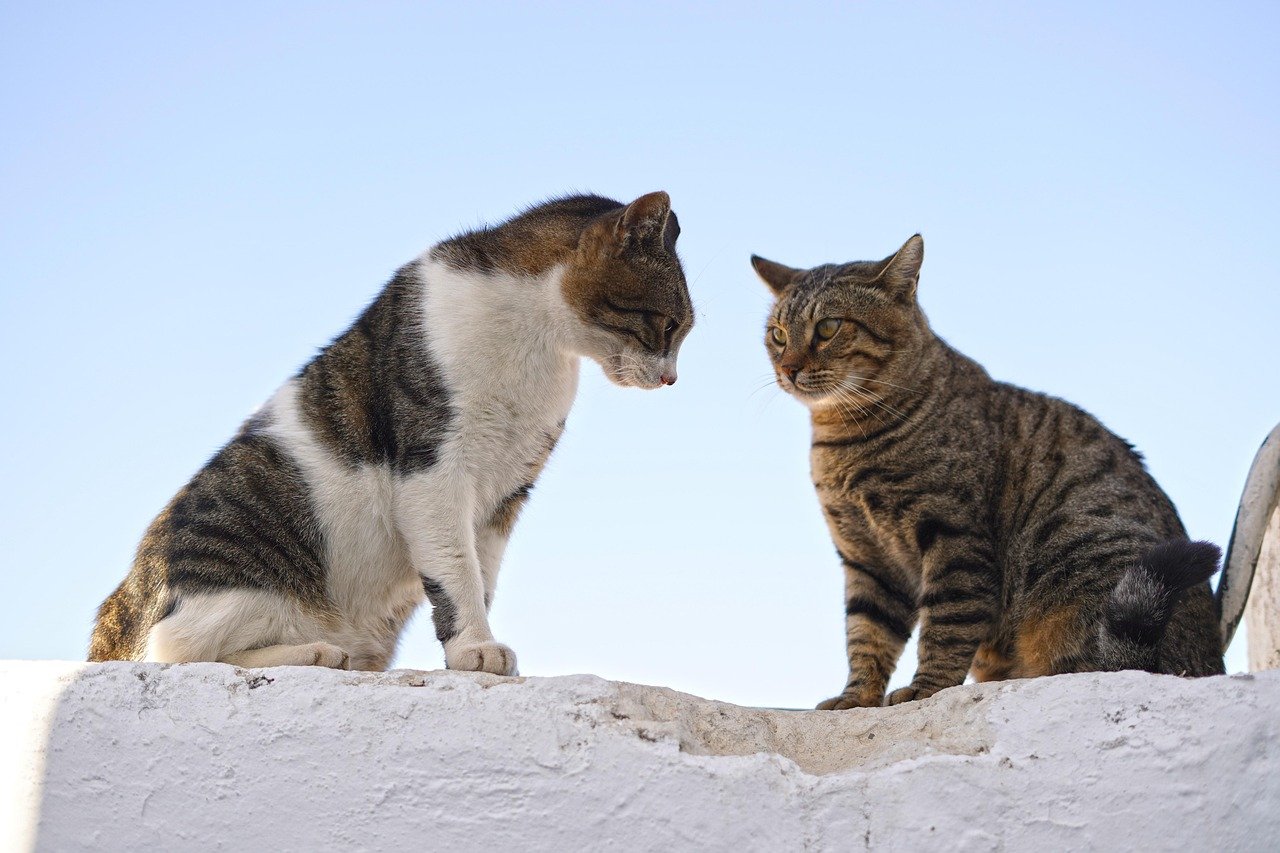
Cats are master communicators, but they do it through body language rather than vocalizations. A cat’s decision to bond with a particular human often depends on how well that person understands and responds to its non-verbal cues. Subtle signs such as a slow blink, a gentle headbutt, or the way a cat positions its tail can convey a range of emotions. Humans who can interpret these signals and respond appropriately are more likely to form a strong bond with their feline companions.
The Importance of Consistency
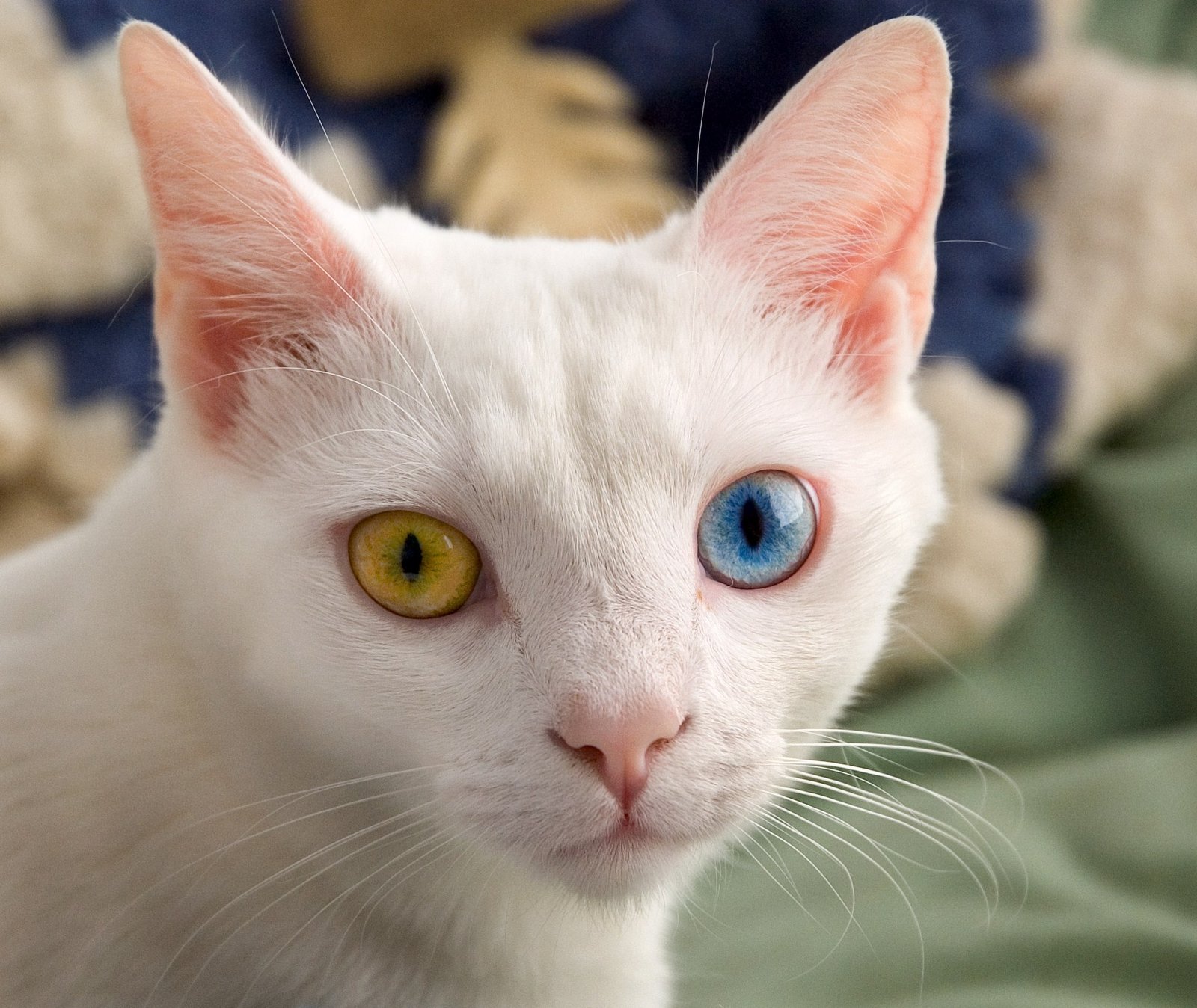
Consistency is key when it comes to bonding with cats. They thrive on routine and feel secure when they know what to expect from their environment and the people in it. Humans who maintain a consistent schedule, whether it’s feeding times, play sessions, or quiet moments, provide a sense of stability that cats find comforting. This regularity helps build trust, making it easier for a cat to form a lasting bond with its human.
Positive Reinforcement and Trust Building
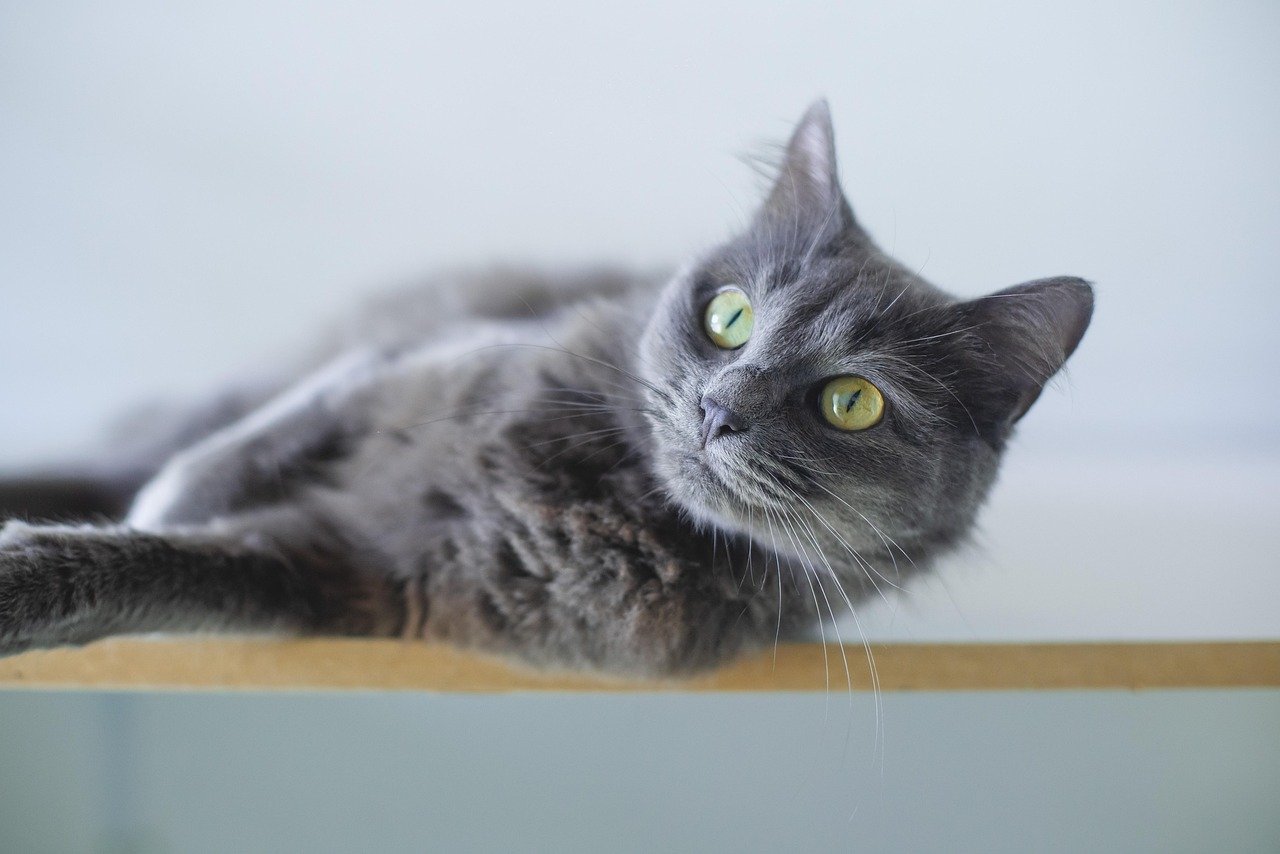
Positive reinforcement plays a significant role in building trust between cats and humans. Cats are more likely to bond with people who reward their good behavior with treats, affection, or play. This reinforcement helps establish a positive association with the person, encouraging the cat to seek out their company more often. Trust is built over time, and patience is essential. Forcing a cat to interact before it’s ready can have the opposite effect, causing the cat to retreat and avoid contact.
The Influence of Early Socialization
A cat’s early experiences with humans can greatly influence its future relationships. Kittens that are exposed to gentle and positive human interaction from a young age tend to be more social and trusting as adults. Conversely, cats that have limited or negative experiences with humans may become more reserved or wary. Understanding a cat’s background can provide valuable insights into its bonding behavior and help in building a stronger connection.
Personality Compatibility
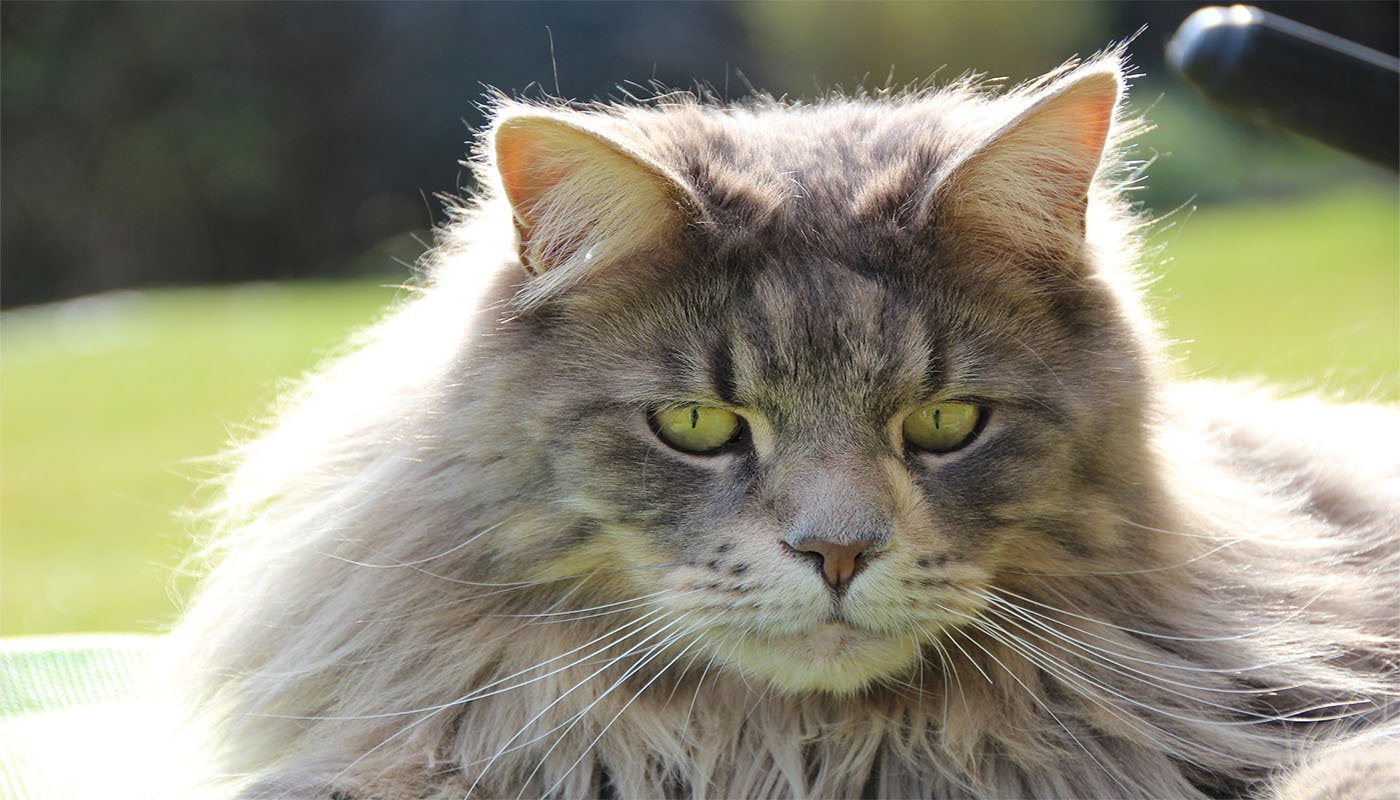
Just like humans, cats have distinct personalities. Some are outgoing and playful, while others are shy and reserved. A cat’s personality can significantly influence its choice of human companions. Cats often gravitate towards individuals whose personalities complement their own. For instance, a calm and patient person might attract a more timid cat, while an energetic individual might be favored by a playful feline. Recognizing and respecting these personality traits can enhance the bond between cats and humans.
The Role of Environment
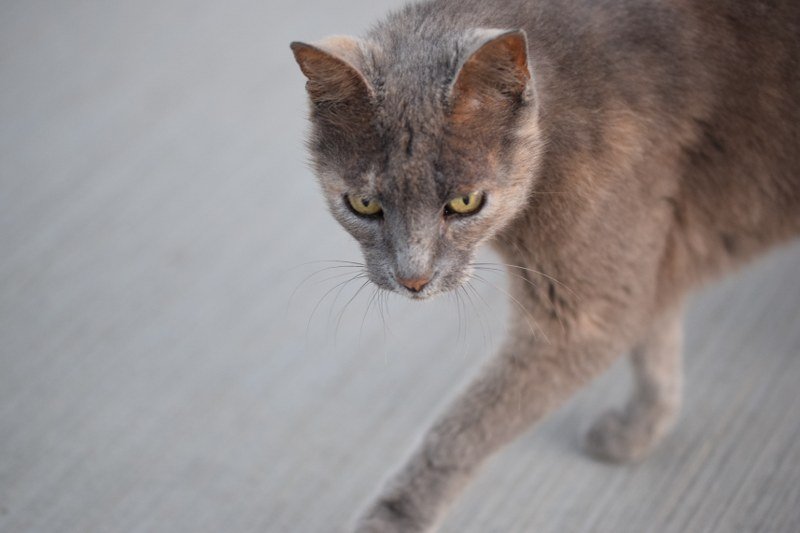
The environment in which a cat lives can also impact its bonding behavior. Cats that feel safe and secure in their surroundings are more likely to form strong attachments with their human companions. An environment that provides ample opportunities for exploration, play, and relaxation can encourage positive interactions. Conversely, a chaotic or stressful environment can hinder the bonding process, as cats may become more focused on self-preservation than social interaction.
Understanding the Cat’s Needs
Every cat has unique needs that must be met for a bond to form. These needs can range from dietary preferences to preferred types of play. Humans who take the time to understand and cater to these needs are more likely to be favored by their feline friends. For example, offering a variety of toys, engaging in interactive play, and providing a comfortable resting space can all contribute to a cat’s overall happiness and willingness to bond.
The Power of Patience
Patience is perhaps one of the most crucial elements in forming a bond with a cat. Cats operate on their own timeline and may take longer to warm up to new people. Rushing the process can lead to stress and reluctance to bond. Instead, allowing a cat to approach at its own pace and respecting its boundaries can foster a sense of trust and security. Over time, this patient approach can lead to a deep and lasting connection.
The Impact of Stress and Anxiety
Stress and anxiety can significantly affect a cat’s ability to bond with humans. Cats are sensitive creatures and can pick up on the emotional states of those around them. A calm and relaxed person is more likely to be seen as a safe haven, whereas a stressed individual might inadvertently transfer that tension to the cat. Creating a peaceful atmosphere and managing stress levels can enhance the bonding process and make the cat feel more at ease.
The Significance of Play
Play is an essential aspect of a cat’s life, providing both physical exercise and mental stimulation. Engaging in regular play sessions with a cat can strengthen the bond between human and feline. Playtime offers an opportunity for interaction and communication, allowing the cat to associate the human with positive experiences. Whether it’s using feather toys, laser pointers, or simple string games, play can be a powerful tool in fostering a close relationship.
The Connection Through Routine
Routine is comforting to cats, and humans who establish and maintain a predictable routine are more likely to gain their trust. Regular feeding times, play sessions, and even simple routines like grooming can signal reliability and security to a cat. This sense of routine allows the cat to anticipate interactions, reducing anxiety and promoting a stronger bond.
Mutual Respect and Space
Respecting a cat’s need for space is crucial in forming a bond. Cats are independent creatures and often require time alone. Humans who honor this need for solitude without taking it personally are more likely to be trusted by their feline companions. Offering a balance of attention and independence can create a harmonious relationship where the cat feels respected and valued.
The Role of Health and Well-being
A cat’s health and well-being can influence its ability to bond with humans. Cats that are unwell or in pain may be less inclined to interact with people. Ensuring regular veterinary care, a balanced diet, and a stress-free environment can contribute to a cat’s overall happiness and willingness to bond. A healthy cat is more likely to form positive associations with its human companions.
The Impact of Previous Experiences
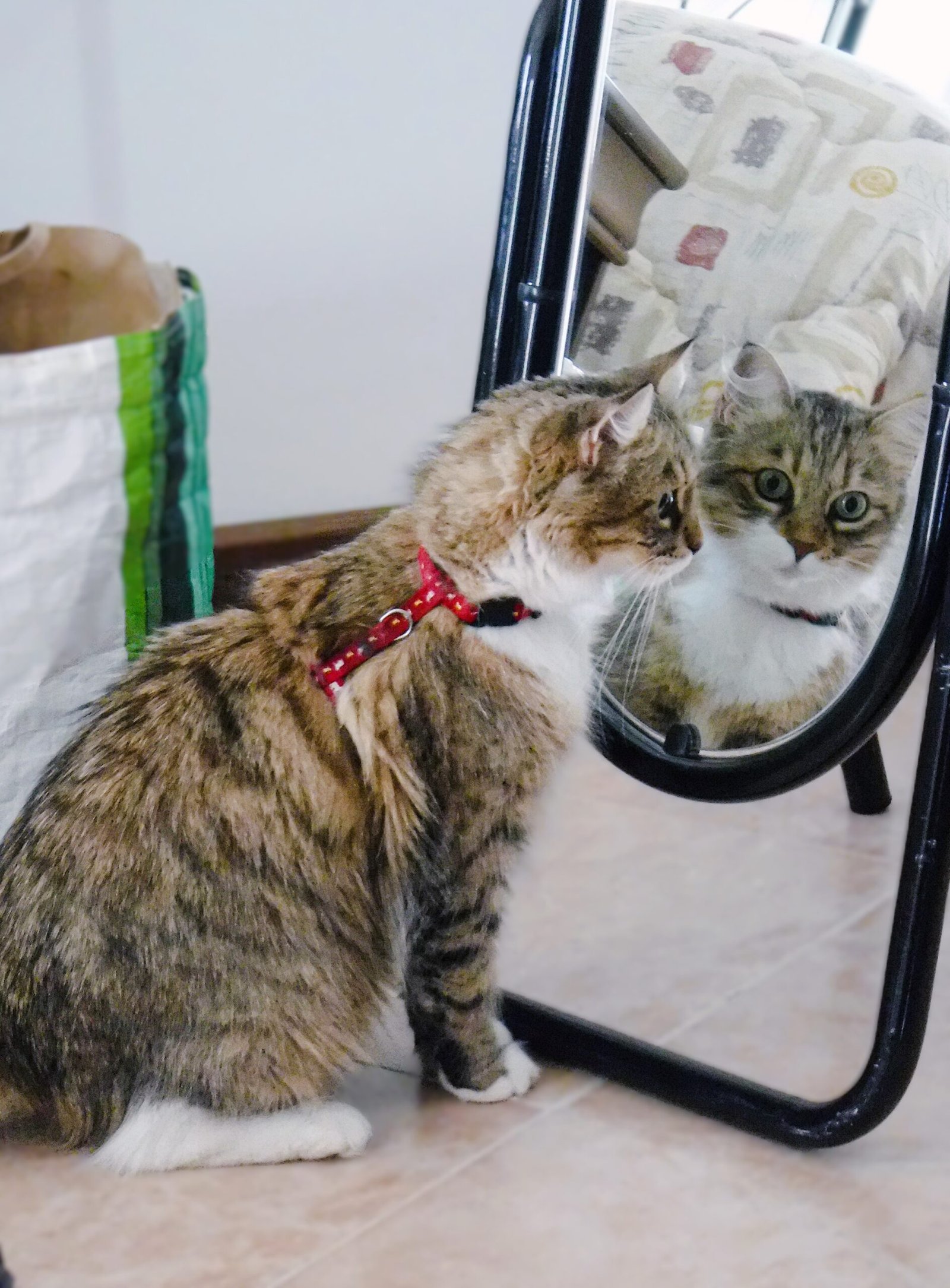
A cat’s past experiences with humans can shape its future interactions. Cats that have been mistreated or neglected may be more cautious or fearful around new people. On the other hand, cats that have had positive experiences are more likely to be open and trusting. Understanding a cat’s history can provide valuable insights into its behavior and help in building a strong, trusting relationship.
The Influence of Human Behavior
Human behavior plays a significant role in a cat’s decision to bond. Cats are highly perceptive and can pick up on subtle cues such as tone of voice, body language, and energy levels. Humans who exhibit calm, gentle, and consistent behavior are more likely to be seen as trustworthy and approachable. Being aware of one’s own behavior and adjusting it to suit the cat’s comfort level can enhance the bonding process.
The Significance of Vocalization
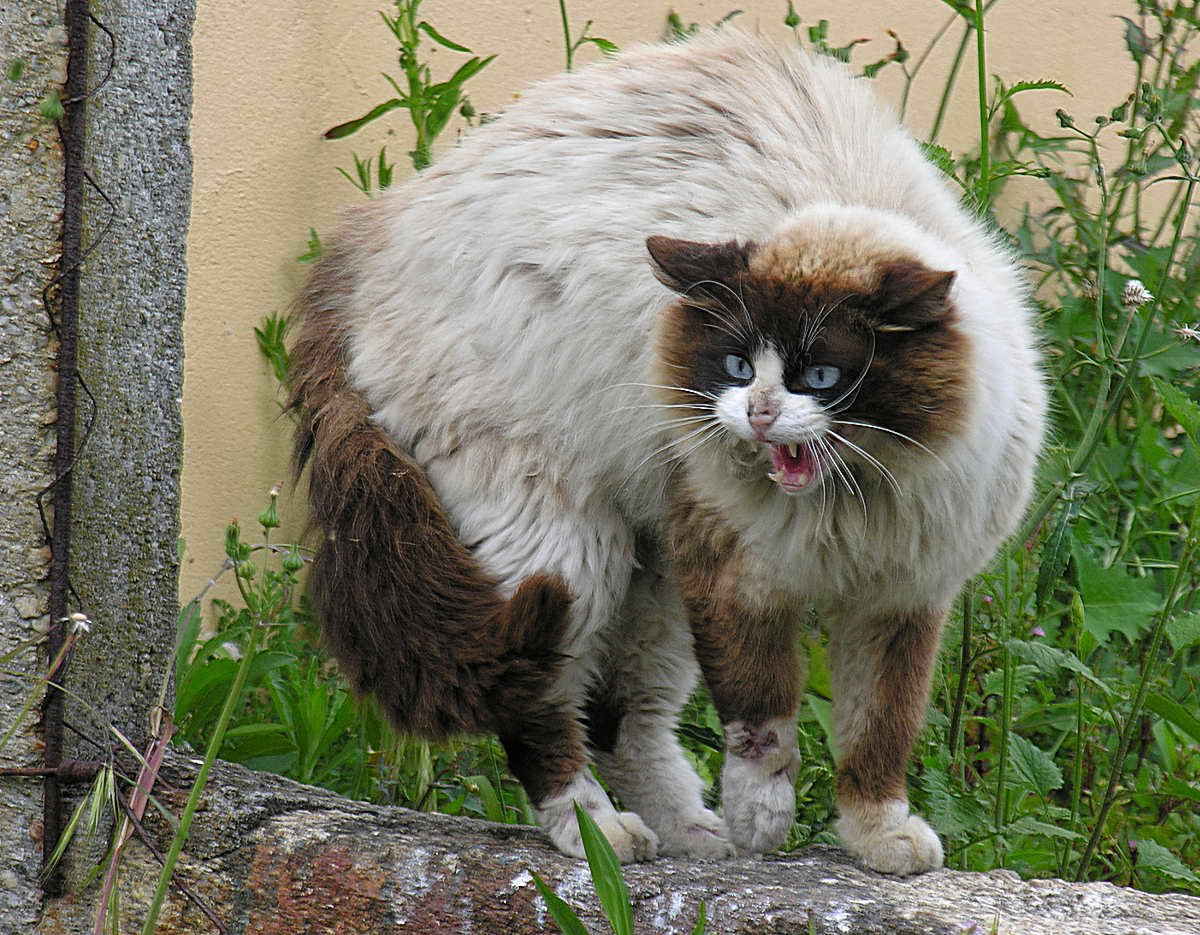
While cats primarily communicate through body language, vocalizations also play a role in bonding. Cats that engage in vocal communication with their human companions are often seeking attention or expressing their needs. Humans who respond to these vocal cues with understanding and care can strengthen the bond by showing that they are attentive and responsive to the cat’s needs.
Conclusion
The intricate bond between cats and humans is a fascinating blend of biology, behavior, and mutual understanding. By recognizing and respecting the unique needs and personalities of our feline friends, we can create lasting and meaningful connections. Whether it’s through scent, routine, or simple acts of kindness, the science behind why cats bond with certain humans is a testament to the depth and complexity of these cherished relationships.
Hi, I’m Bola, a passionate writer and creative strategist with a knack for crafting compelling content that educates, inspires, and connects. Over the years, I’ve honed my skills across various writing fields, including content creation, copywriting, online course development, and video scriptwriting.
When I’m not at my desk, you’ll find me exploring new ideas, reading books, or brainstorming creative ways to solve challenges. I believe that words have the power to transform, and I’m here to help you leverage that power for success.
Thanks for stopping by, Keep coming to this website to checkout new articles form me. You’d always love it!






